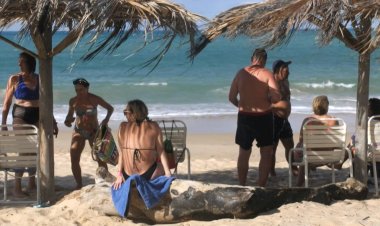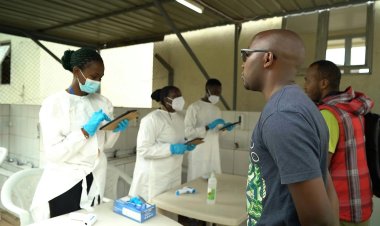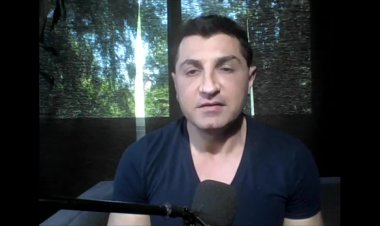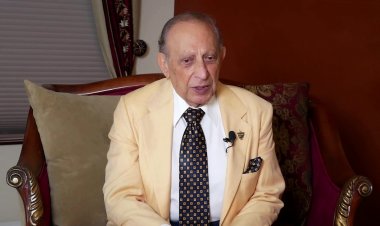'Speaking to the soul': Kyiv orchestra starts European tour
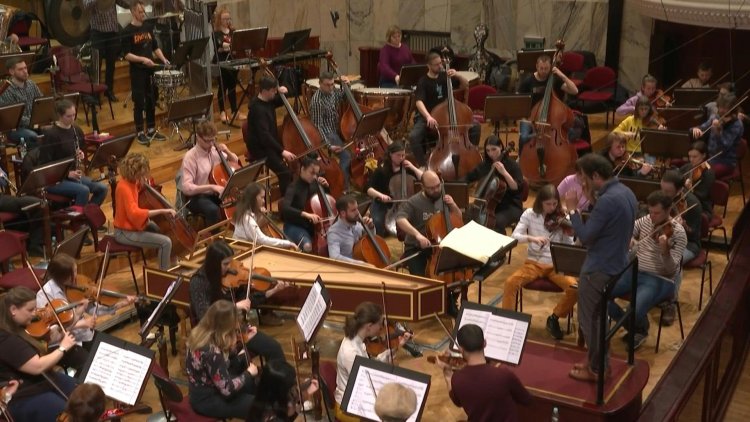
Ahead of their first concert since the start of Russia's invasion, members of the Kyiv Symphony Orchestra voice hope that their music will heal troubled souls and help boost Ukrainian culture.
Some of the orchestra's musicians fled the country to the sound of Russian bombs, others remained in Ukraine but had to leave their homes and have been playing only to their families or in bomb shelters.
The concert at the Warsaw Philharmonic on Thursday started a European tour for the orchestra.
"Our concerts are truly a cultural mission," Oleksii Pshenychnikov, a 22-year-old second violin in the orchestra, said during a break in the rehearsals.
"In Ukraine, we say there is a 'cultural front', meaning it is not escaping from the war, it is another aspect of the war," Pshenychnikov said.
The men in the orchestra have been granted special dispensation from Ukrainian authorities to leave the country as martial law is in place in Ukraine and fighting age men are not normally allowed to leave.
The exemption only lasts until the end of the tour and its Italian conductor Luigi Gaggero said he hoped other venues will come forward to offer to host the orchestra "maybe until the end of the war".
Gaggero, who had himself been due to travel to Ukraine on the day the conflict began, said the process of rehearsing together had been invigorating for musicians forced to spend long weeks apart.
"They do not just feel nostalgia for a job, they feel nostalgia for the very reason of their existence, which is music. It is like the air they breathe and they can finally breathe again," he said.
Several of the musicians are travelling with their whole families and loved ones left behind are on everyone's minds as the conflict intensifies in southern and eastern parts of the country.
The rehearsals are accompanied by therapy sessions.
Participants were sceptical about the idea at first, but organisers said more and more are taking part.
"Music, particularly being able to practise my violin, has helped me to get away from the terrible reality," said Elizaveta Zaitseva, 25.
"Now I can live again in my own world, the one I am used to, the world of music," said Zaitseva, who studies in Nuremberg in Germany.





